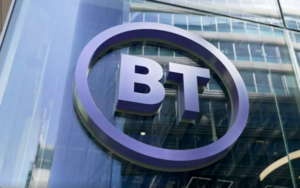
Under the system currently used by BT, EE, Plusnet, Virgin Media, Vodafone and TalkTalk, among others, customers see their bills go up every spring by a set percentage (3.9% in the case of BT) plus an inflation figure. BT uses the CPI (consumer prices index) rate from December, which for 2023 was 4%. This means BT customers – and those of subsidiary brands EE and Plusnet – will have their bills hiked by 7.9% this March or April.
The new BT system, which also applies to EE, will see this calculation replaced with a flat figure. Mobile customers can expect a monthly increase of at least £1.50 and broadband customers from £3, depending on their current contract.
It is important to note that moving to flat-rate price rises does not always mean increases will be lower than if linked to inflation. For example, in 2023 NOW Broadband implemented a fixed £3.50 per month increase across its plans. This worked out as a more than 15% rise for some customers, higher than BT’s 14.4%, which was calculated as CPI plus 3.9%. In fact, price rises listed in ‘pounds and pence’ could be even harder for customers to stomach, without the context of an inflation figure.
With most living costs rising rapidly over recent years, broadband and mobile bill payers often feel frustrated that the price they agree to when they sign up to a deal is not the one they will be paying by the end. To make matters worse, BT customers unhappy with the 2024 increase will likely be unable to cancel their contract for free, as they are judged to have agreed to the price rise when they signed up.
Some have said that this move is simply BT 'jumping before being pushed', as it has been widely reported that Ofcom is likely to place a ban on inflation-linked price rises later this year. It could also trigger BT’s rivals to pre-empt an all-out ban by introducing a similar policy. Overall, this change is unlikely to trigger much enthusiasm from customers hoping to see an end to in-contract increases altogether, rather than just those linked to inflation.